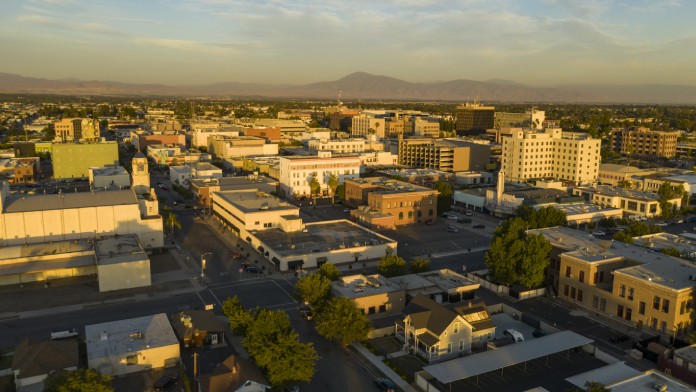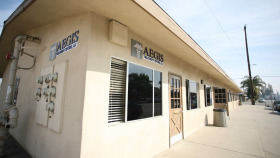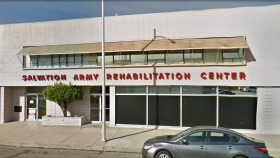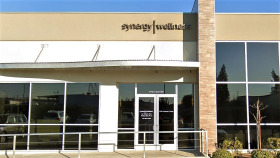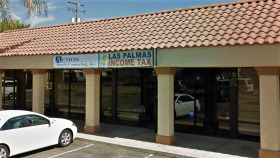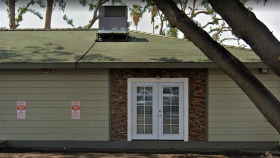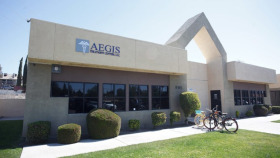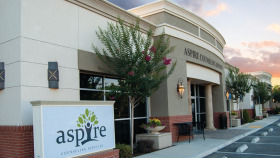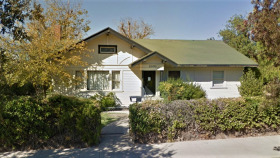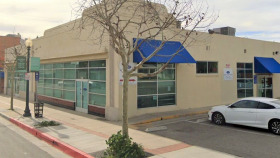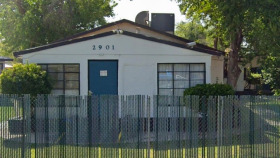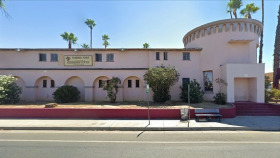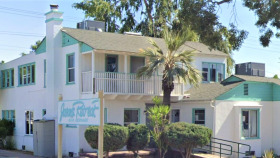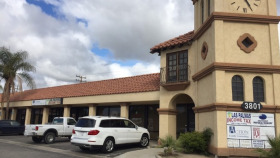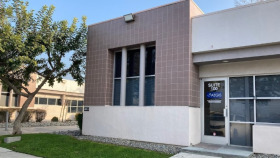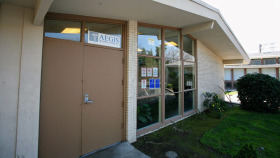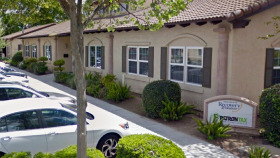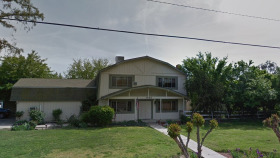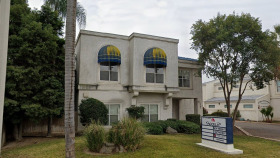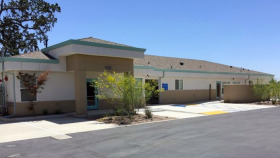Expert Insights
I know drug courts get a bad rep, but I think they’re a good idea. I recently read that 80 percent of people with opioid addiction want to stop or reduce their use, according to a professor at UCLA. He argues that getting entangled in the legal system doesn’t help to engage in care and people with substance use disorder may benefit from decriminalization and less legal pressure. It so happens that the Senate agreed and they passed a bill meaning getting caught with hard drugs in the state of Washington is now a misdemeanor, but defendants must engage in treatment programs.
~ Olivia Pennelle
How Does Bakersfield Compare in Alcohol and Drug Use?
The National Center for Drug Abuse Statistics surveyed rehab facilities nationwide about their costs. Reports indicated treatment costs vary greatly depending upon:
- If you receive treatment as an inpatient or outpatient
- The length of your treatment
- Whether the rehab is in your insurance’s network
- The types of treatment offered
- The rehab’s amenities, such as a pool, tennis courts, massage therapy, equine therapy
The National Center for Drug Abuse Statistics found that 90 days of outpatient treatment costs approximately $5,000. The least expensive inpatient rehabs charge about $6,000 a month.
Rehab may seem expensive, but the cost of not treating your alcohol or drug use is even higher as your relationships and work life are affected. Private insurance, Medi-Cal, state-funded and free rehabs, scholarships, and payment plans exist to help you receive the treatment you need.
Payment Options for California Facilities
In California, 1,734 rehabs responded to a survey in 2020 by the Substance Abuse and Mental Health Services Administration about their payment options:
Bakersfield alcohol rehabs and drug rehabs accept private insurance, Tricare, Medicare, Medi-Cal, self-pay, sliding scale payments, and payment plans.
How To Find Free Rehabs in Bakersfield
Government-funded rehabs in Bakersfield provide free and low-cost alcohol and substance use treatment if you have no insurance or no income. To qualify, facilities usually ask for proof of residency in California, addiction status, and lack of income and insurance to pay for rehab.
Call a specialist about finding a free or low-cost rehab that will work with you and your financial situation.
Alcohol and Drug Laws in Bakersfield
California’s 911 Good Samaritan Law: The 911 Good Samaritan Law (AB-472) protects you from prosecution if you call 911 for help with an overdose. If you or someone else has overdosed on drugs, calling for medical help right away helps save lives.
California Proposition 36: Proposition 36’s goal is to treat rather than punish non-violent drug offenders. Under this proposition, low-level drug offenders can choose rehab over jail or prison. In the five years since it took effect, fewer people ended up in jail for drug-related crimes and more people with SUDs entered rehab.
California Ethical Treatment for Persons with Substance Abuse Disorder: The California Ethical Treatment for Persons with Substance Abuse Disorder, SB-349, says people with alcohol and/or SUDs must be treated with dignity and respect. In addition, your healthcare provider is obliged to share all recommended treatments with you.
California Employee Protections for Addiction Treatment: Employers with 25 or more employees are required to give time off to an employee to voluntarily enter alcohol or drug rehab, provided it doesn’t cause undue hardship on the employer. The employee may use paid time off, sick leave, or unpaid time off. During treatment, the employee’s job remains protected.
California Family Rights Act (CFRA) and Family and Medical Leave Act (FMLA): Under CFRA and FMLA, you may have two more options for time off to seek rehab treatment. Each provides 12 weeks off during a 12-month period. CFRA applies to companies with five or more employees. FMLA applies to companies with 50 or more employees.
Resources
- Benavidez, A. (2021). Kern Valley Sun. Kern County reflective of state and nation in overdose rate.
- Substance Abuse and Mental Health Services Administration. (2022). Know Your Rights: Parity for Mental Health and Substance Use Disorder Benefits.
- Towncharts.com. (2022). Kern County, California Healthcare Data.
- Department of Health Care Services. (2022). Do You Qualify for Medi-Cal Insurance?
- Centers for Medicare and Medicaid Services. (2021). 2022 Medicare Parts A & B Premiums and Deductibles.
- Guerin, L. NOLO. (2021). Family and Medical Leave in California.

